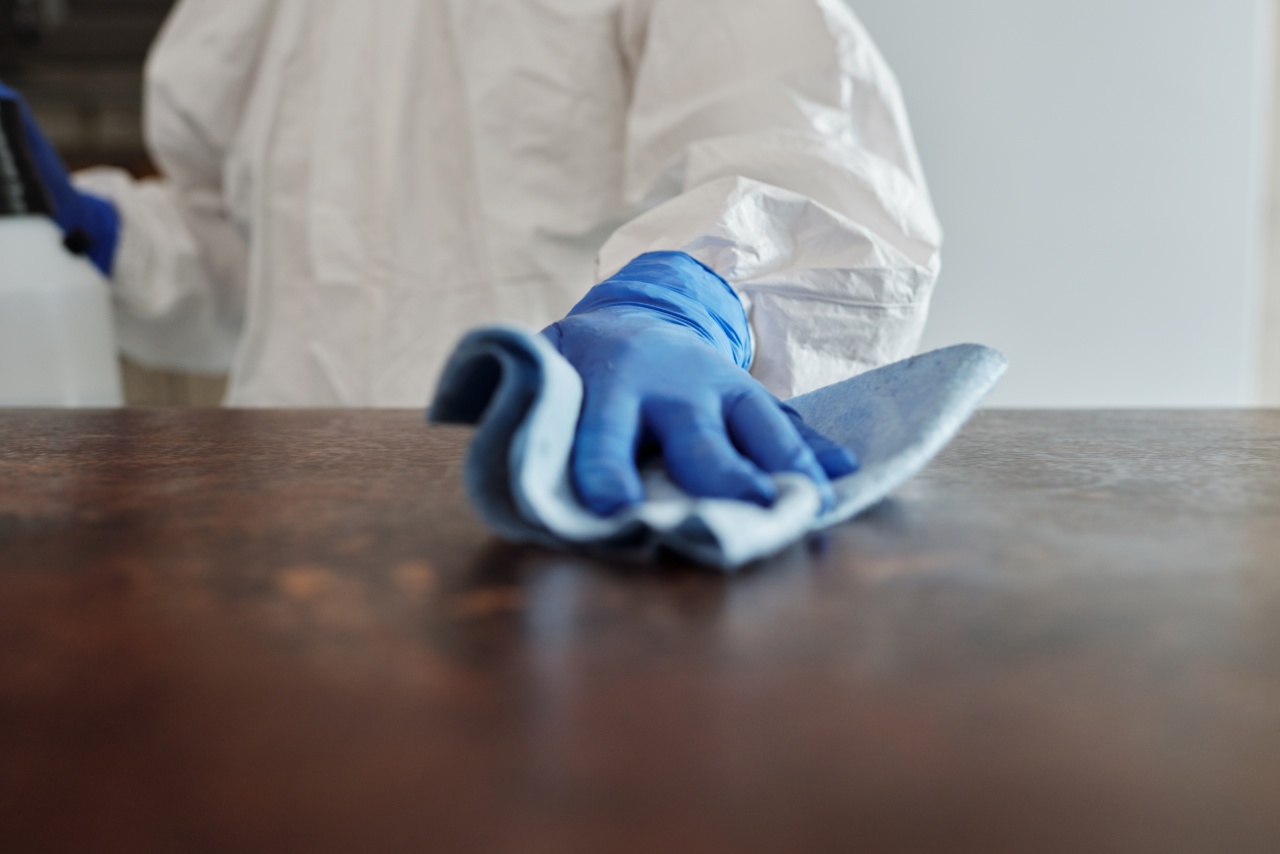Salmonella is a type of bacteria that causes food poisoning through contaminated food or water. The symptoms of salmonella poisoning can range from mild to severe, lasting from a few days to a week.
While most people recover without any long-term complications, it can be particularly dangerous for certain groups such as young children, elderly people, and those with weakened immune systems. Fortunately, there are steps you can take to protect yourself from salmonella outbreaks.
What is Salmonella?
Salmonella is one of the most common causes of foodborne illnesses in the world. It is a type of bacteria that lives in the intestines of animals and birds, including chickens, pigs, and cows.
Foods such as chicken, eggs, beef, and vegetables can become contaminated with salmonella when they come into contact with animal feces and other sources of the bacteria.
How Does Salmonella Spread?
Salmonella can be spread through various means including the following:.
- Contaminated food: The most common way salmonella is spread is through contaminated food. Undercooked meats and foods that have been left at room temperature for too long are particularly common sources of salmonella contamination.
- Contaminated water: Salmonella can also be spread through contaminated water that has come into contact with animal feces or other sources of the bacteria.
- Animal contact: People can become infected with salmonella by coming into contact with animals that are carrying the bacteria, such as chickens or reptiles.
- Person-to-person contact: In rare cases, salmonella can be spread through person-to-person contact, particularly in institutional settings such as nursing homes and hospitals.
What Are the Symptoms of Salmonella Poisoning?
The symptoms of salmonella poisoning typically appear within 6 to 72 hours of exposure to the bacteria and can include the following:.
- Fever
- Diarrhea
- Abdominal cramps
- Nausea
- Vomiting
- Dehydration
In severe cases, salmonella poisoning can lead to hospitalization and even death, particularly in vulnerable populations.
How Can You Protect Yourself from Salmonella Outbreaks?
Fortunately, there are several steps you can take to protect yourself from salmonella outbreaks:.
- Cook your food thoroughly: Make sure to cook all meat, poultry, and eggs until they are fully cooked and hot throughout. Use a meat thermometer to ensure that they reach a safe temperature.
- Wash your hands: Always wash your hands with soap and water before and after handling food, especially raw meat and eggs.
- Keep your kitchen clean: Clean and sanitize all surfaces, utensils, and cookware before and after use. Use separate cutting boards and utensils for raw meat and other foods.
- Practice safe food handling: Handle food properly to avoid cross-contamination. For example, don’t use the same cutting board or utensil for raw meat and other foods.
- Be cautious with high-risk foods: Be particularly cautious with high-risk foods such as raw or undercooked eggs, meat, and poultry, as well as unpasteurized milk and dairy products.
- Store food properly: Keep all food at the appropriate temperature to prevent bacterial growth. Store raw meat and eggs on the bottom shelves of the refrigerator to prevent them from contaminating other foods.
- Be cautious with reptiles: Reptiles such as turtles and lizards can carry salmonella, so always wash your hands after handling them or anything that they have touched.
- Be aware of recalls: Stay up-to-date with food recalls and avoid any products that have been recalled due to salmonella contamination.
- Seek medical attention if necessary: If you experience any symptoms of salmonella poisoning, seek medical attention immediately.
Conclusion
Salmonella outbreaks can be serious, but there are steps you can take to protect yourself.
By following proper food handling and cooking techniques, taking precautions with high-risk foods, and practicing good hygiene, you can reduce your risk of salmonella poisoning. Stay informed about food recalls and seek medical attention if necessary. By taking these steps, you can help protect yourself and your loved ones from this common bacterial infection.



























